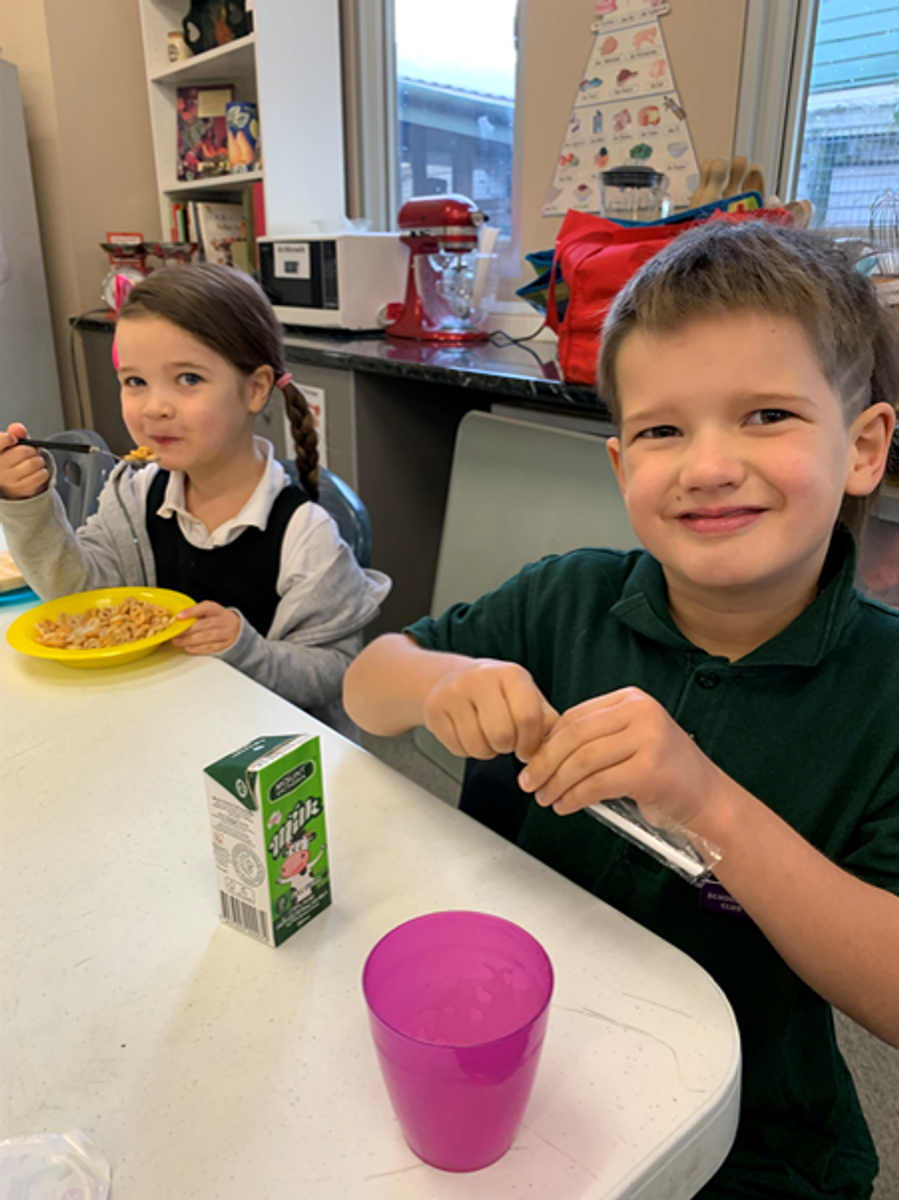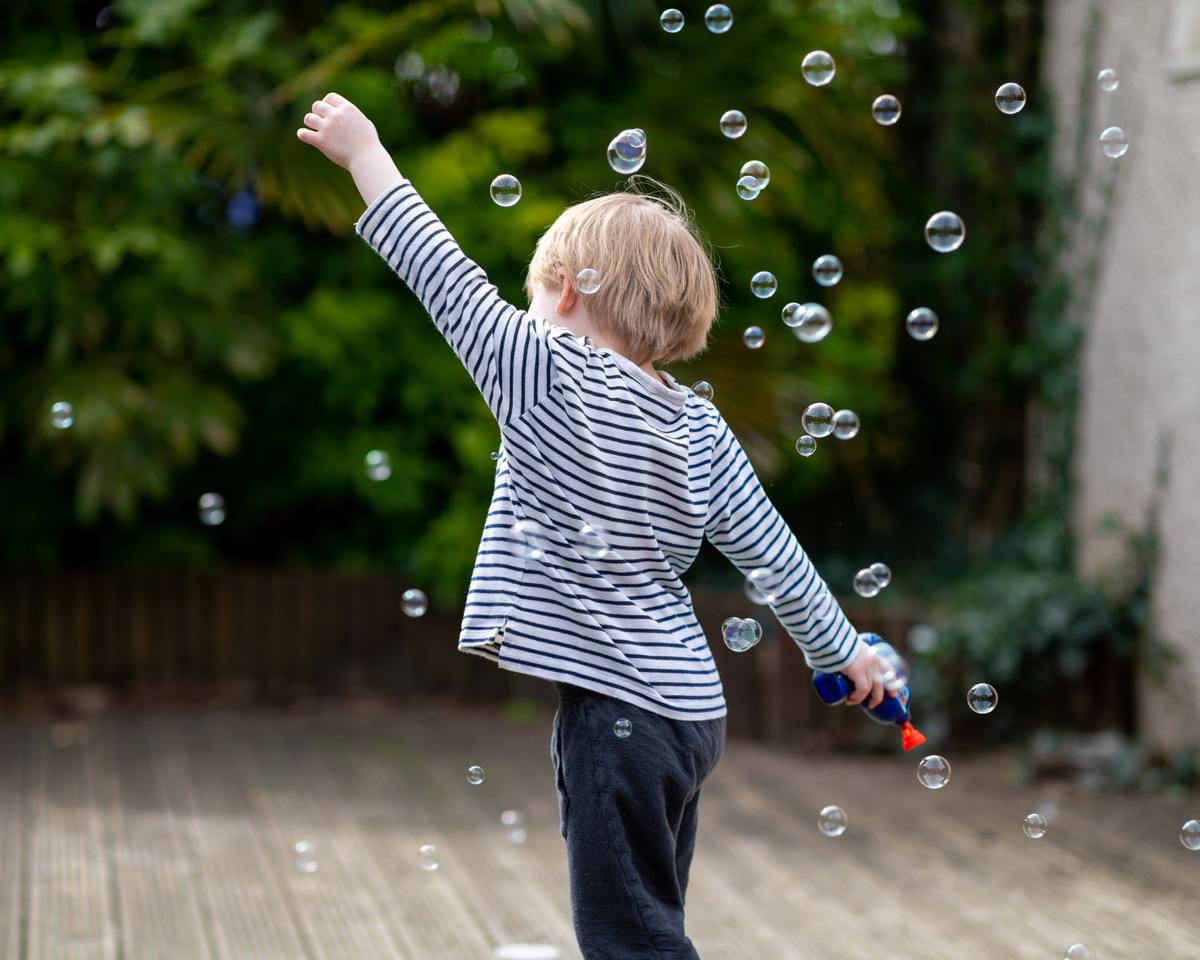Chaplains Chat
Veronica Tirchett

Chaplains Chat
Veronica Tirchett
A warm welcome back to all our school families as we begin term 3 together. I am pleased to let you know that Breaky Club is back for our students, which is great news! This free program, is offered twice a week on a Tuesday and Thursday morning and takes place in Sandy’s Kitchen/German Room. I am there helping with set up at 8am, so if you can please drop your children around 8.10am, that would be good. The mornings are still very cold and the children are not allowed to be unsupervised outside at this time of the morning, Thanks.


I was just talking to someone today on how hard we work to develop well behaved and respectful children. When we see or hear a child acting in this way, it leaves a lasting impression.
Parents usually have a list of consequences and punishments that should work, or at the very least be deterrents of bad behaviour. The thing is – the list doesn’t always work, and when it doesn’t, parents find themselves exhausted and confused. There are times when the lengthy lectures, reasoning, time out, withdrawal of privileges, letters of apology, no outings, just won’t do the trick.
‘Together time’ can change the dynamic between a parent and a child from negative and oppositional, to co-operative and happy. When threats and consequences don’t seem to be working , it might be because your child doesn’t feel great about themselves.
A child who feels right, acts right. When most of the parenting is correcting, lecturing, teaching and growling, it’s hard for a child to feel lovable or capable. Instead of putting the pressure on with more consequences, you may find yourself getting further if you address how your child is feeling.
‘Together time’ requires spending intentional time with your child, giving attention to what they are doing. It communicates to them that you love them and enjoy their company. As a child begins to feel lovable, their need for attention for the wrong reasons diminishes. When this happens, much of the problem behaviour goes away. John Cooper writes about this strategy in his book, ‘Getting on with Others,’ and simply calls it, ‘child’s play.’
Gather some energy and space to set up special times with your child. Mark it in your dairy – this will help build your child’s anticipation of the special time you’ll share together. Make sure it happens regardless of what’s happened during the week, remembering that your ‘Together time’ with them isn’t based on their behaviour, but it’s a result of your unconditional love for them. Another strong message you can send your child, is taking out your mobile phone and leaving this on the bench. This means you are eliminating any possible phone distractions that would take your focus and attention away. This technique takes a little of practice, but has the ability to soften a child’s heart, build more trust in the relationship and make it easier for them to comply. Simply observe, enjoy and narrate what your child is doing. This is a time to just be present with your child. Write and highlight the ‘together time’ plan on your calendar so your child can anticipate the special day you will share together. Find a suitable time you can devote to your child each day or at least 3 -4 times a week. Set aside 15 minutes for each session. When it is time, say to your child, “It’s now our special time to play together. What would you like to do? Relax and enjoy what your child is doing. Describe out loud what your child is doing. State the obvious, say what you see just like a commentator would. “I see you’ve decided to keep reading that interesting book. I’ll just lie down here beside you.”
Enjoy these precious moments, because the time will pass all too quickly when they are grown. They will have these special times etched within their minds, forever remembering how they felt valued and loved.

